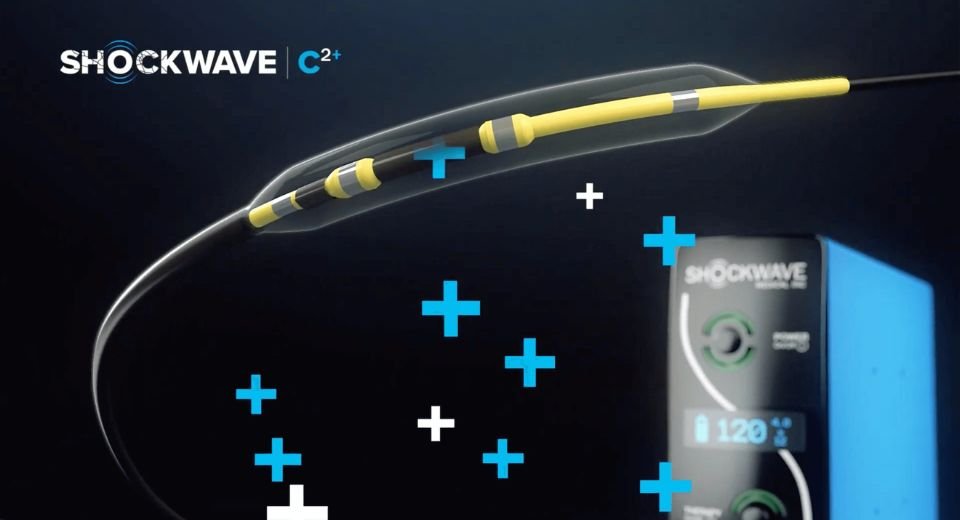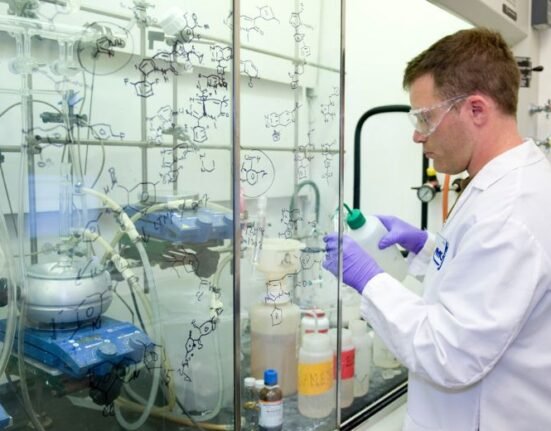HQ Team
April 13, 2025: Johnson & Johnson MedTech’s arm, Shockwave Medical Inc. has started human trials to assess the effectiveness of its coronary intravascular catheter for treating blocked arteries, according to a statement.
The investigational device exemption study will look into the safety issues of treating calcified, difficult-to-cross stenotic de novo coronary artery lesions before stenting.
The intravascular lithotripsy platform is a technique using acoustic pressure waves to break down and modify calcified plaque in blood vessels, particularly in coronary and peripheral arteries.
This method helps improve vessel compliance and facilitates stent expansion in severely calcified vessels.
Emit waves from tip
Shockwave Medical’s javelin intravascular lithotripsy catheter device differs from other Shockwave products, and rival catheters from Abbott and Boston Scientific, because it emits waves from its tip.
Other devices send waves from a balloon catheter that must cross the blocked part of the artery to be effective.
Coronary artery disease is the most common type of heart disease and affects approximately 1 in 20 adults over the age of 20 in the US.
A progressive buildup of cholesterol-rich deposits gradually narrows the coronary arteries, reducing blood flow to the heart muscle and leading to chest pain (angina) and heart attacks. Over time, these narrowed vessels may harden and block due to the accumulation of calcium, making them more difficult to treat by conventional techniques.
Challenges in ballon-based technology
“There is an opportunity to improve the treatment of cardiovascular patients with tight, calcific lesions in narrowed coronary vessels that are challenging to cross with balloon-based approaches as currently we have to rely on atherectomy technologies,” said Evan Shlofmitz, DO, FACC, Director of Intravascular Imaging and Ziad Ali.
The study is being done at about 35 sites in the US and the UK and aims to enrol up to 158 patients with moderate-to-severely calcified, stenotic de novo coronary artery lesions.
“We are delighted to enrol the first patient in the clinical trial to determine whether Shockwave’s novel forward IVL platform can help reduce the recognized risks of atherectomy in this patient population,” said Shlofmitz.
Calcium lesions
The platform is designed with a single distal emitter that creates ultrasonic shock waves, with a spherical energy field that extends beyond the tip of the catheter.
This design delivers lithotripsy closer to highly stenosed calcium lesions than balloon-based platforms, according to the company statement.
Boston Scientific entered the catheter market by buying Bolt Medical for $443 million and Abbot acquired an IVL program two years ago from Cardiovascular Systems and got a nod last month to start a trial in the US.








